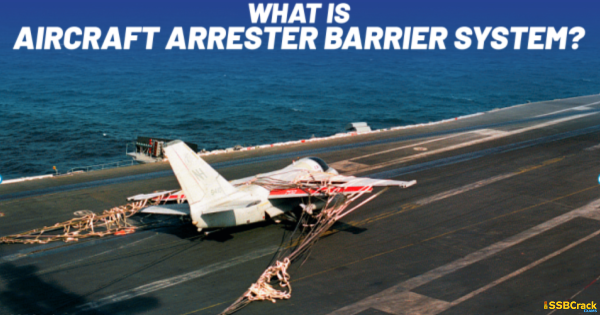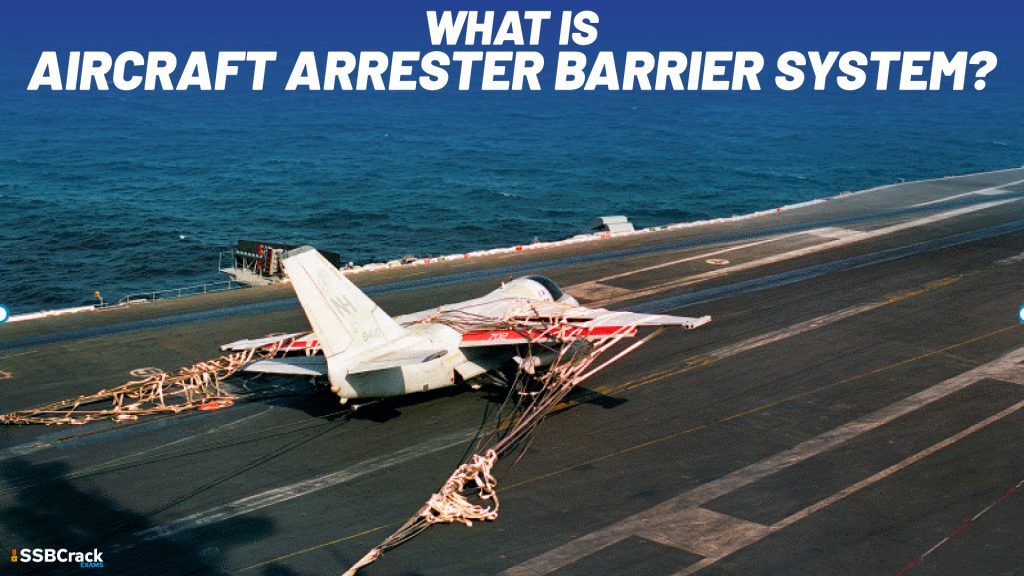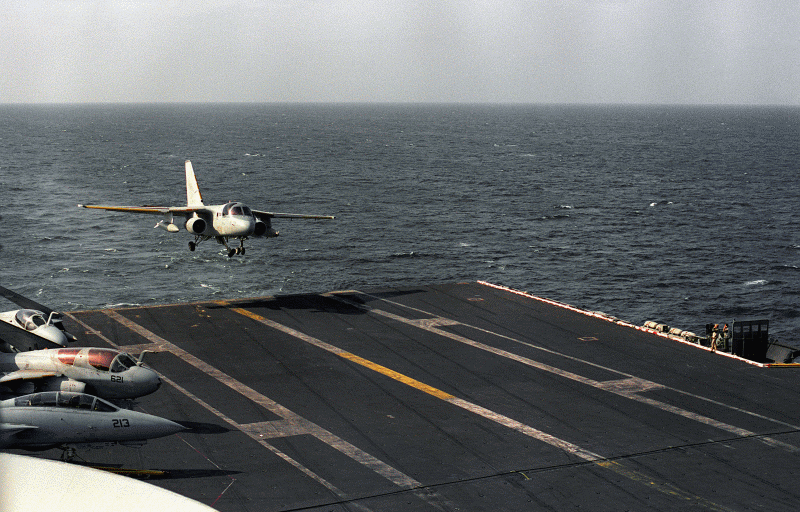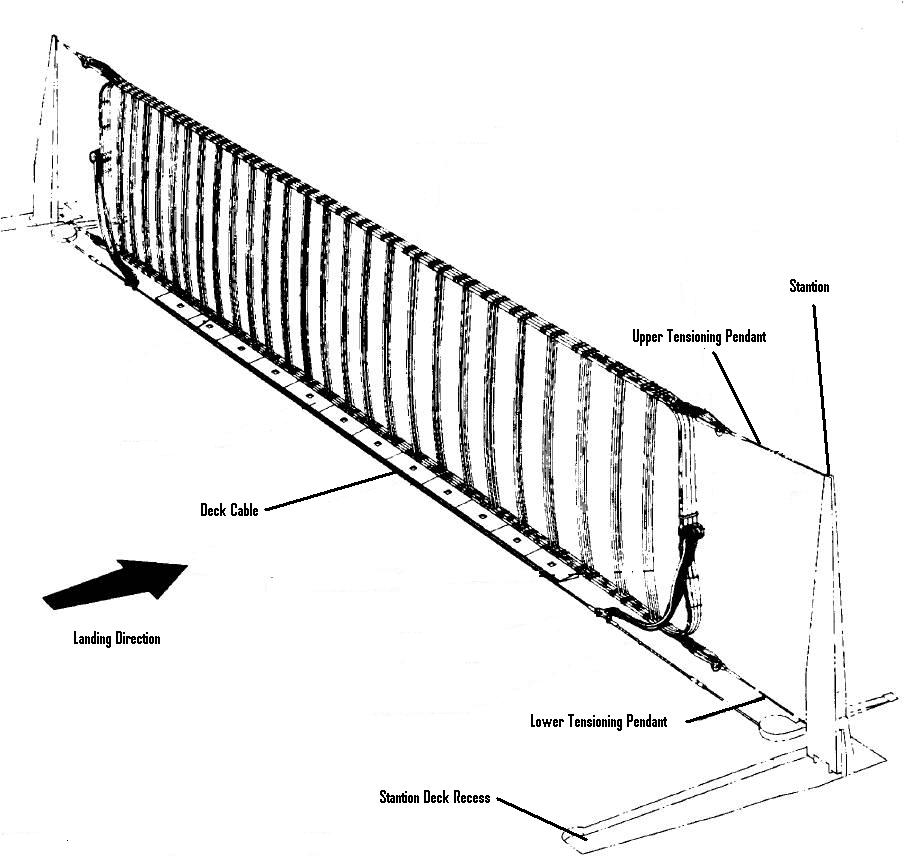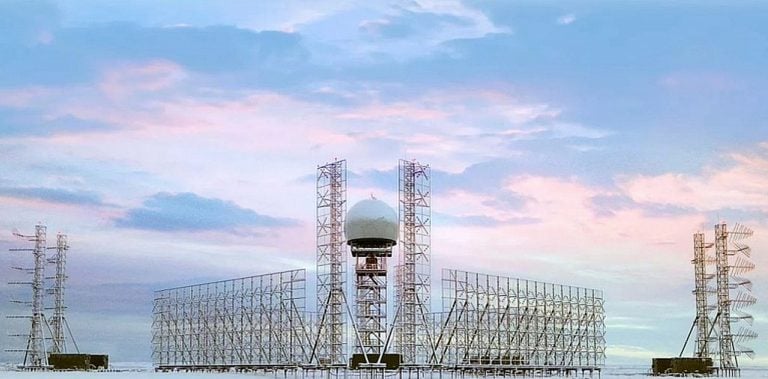Many of us might be hearing of the Arrester Barrier System for the first time. Let us recall the scene from the movie Top Gun: Maverick, where in the last scene Capt Maverick requested a barrier system deployment on the Aircraft carrier. While it was landing the whole system comprising of some nets held it. In this article, we will learn about the Arrester Barrier System.
What is an Arrester Barrier System?
An aircraft arrester barrier system is a safety device used on aircraft to prevent aircraft collisions. The system is made up of a series of poles with nets attached that run along the side of a runway. When an aircraft approaches the barrier, the net catches it and keeps it from colliding with the poles.
An arrester barrier must be installed at both ends of a military runway in order to arrest a fighter aircraft during an emergency landing, aborted take-off, or similar situation. This net spans the width of the runway as well as the overrun area. Two stanchions installed on each side of the runway keep it in place. During an engagement, the net surrounds the aircraft, releasing it from the stanchions and distributing the braking force generated by the connected energy absorbers.
The tailhook engages the wire during a normal arrestment, and the aircraft’s kinetic energy is transferred to hydraulic damping systems attached below the carrier deck. Other similar systems use nets to catch aircraft wings or landing gear. These barricade and barrier systems are only used for emergency arrests of aircraft that do not have operable tailhooks.
Barricade in an ABS System
When a normal (dependent) arrest cannot be made, the barricade is used as an emergency recovery system. The barricade is normally stowed and only rigged when necessary. A barricade is rigged by stretching it across the flight deck between stanchions raised from the flight deck. Rigging the barricade is a task that US carrier flight deck personnel routinely practice; a well-trained crew can complete the task in under three minutes.
The barricade webbing is made up of upper and lower horizontal loading straps that are joined at the ends. Each upper and lower load strap is connected by five vertical engaging straps spaced 20 feet (6.1 m) apart. The barricade webbing is raised to about 20 feet in height. The barricade webbing engages the landing aircraft’s wings, and energy is transmitted from the barricade webbing to the arresting engine via the purchase cable.
Advanced Arresting Gear Landing System
The new Advanced Arresting Gear (AAG) system on aircraft carriers employs electromagnets. The current system (shown above) uses hydraulics to slow and stop a landing plane. While the hydraulic system has proven to be effective over the past fifty years, the AAG system offers a number of advantages. Due to extreme stresses on the airframe, the current system is unable to capture unmanned aerial vehicles (UAVs) without damaging them. Advanced Arresting Gear Landing System is generally being used by US Navy.
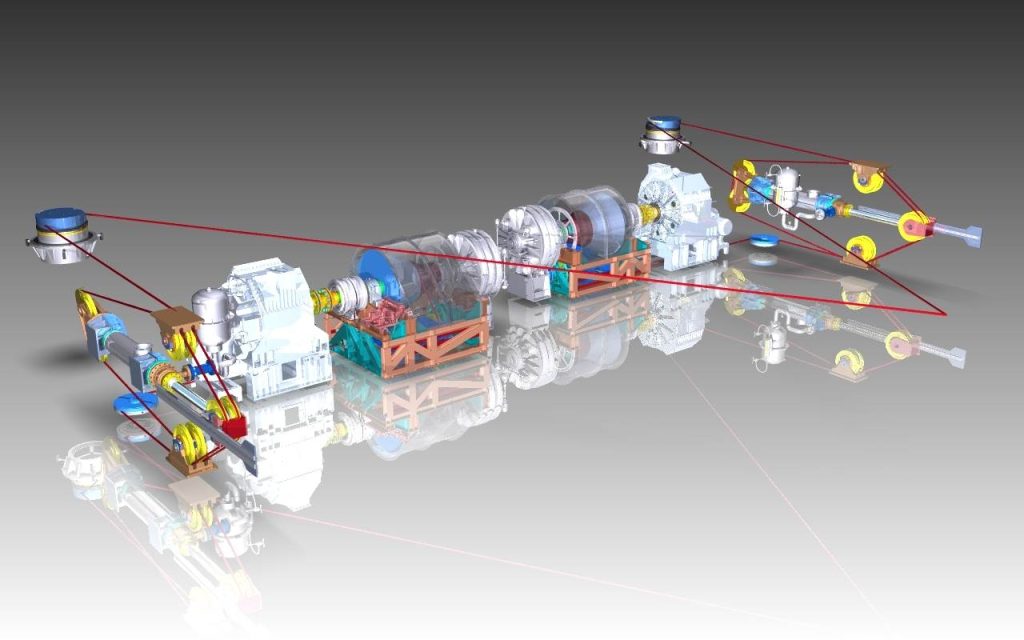
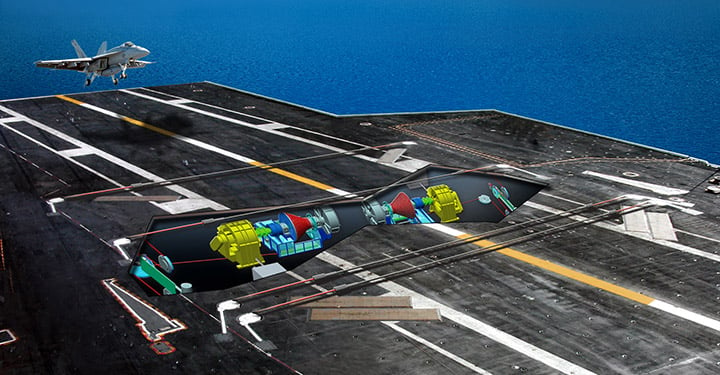
A turbo-electric engine controls energy absorption via electromagnetics. This smoothes the trap and reduces shock on the airframes. Despite the fact that the system will appear the same from the flight deck as its predecessor, it will be more flexible, safe, and reliable, requiring less maintenance and manning.
Components of an Arrestre Barrier System
There are 6 components in an Aircraft Barrier System, namely
- Foundation
- Engagement System
- Engagement System Support
- Tape Connector
- Stanchion System
- Energy Absorber
Energy Absorber and Stantchion System
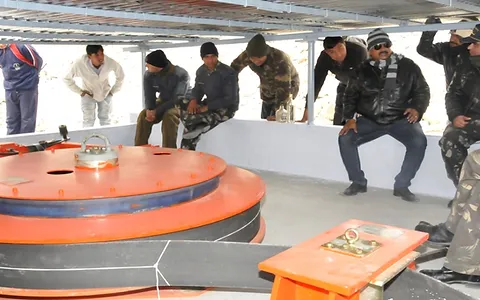
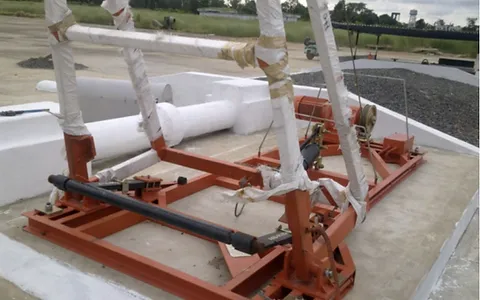
Tape Connector and Engagement System Support
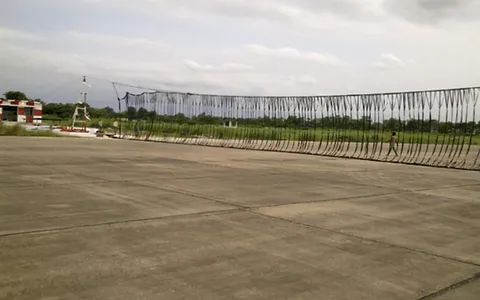
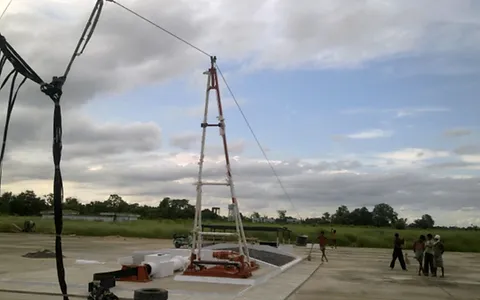
Foundation and Engagement System
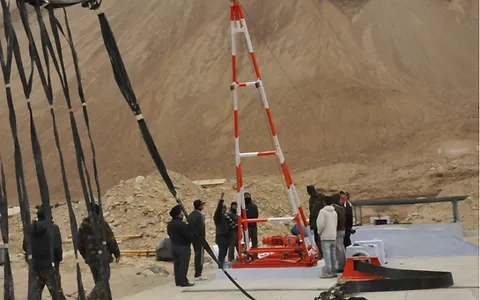
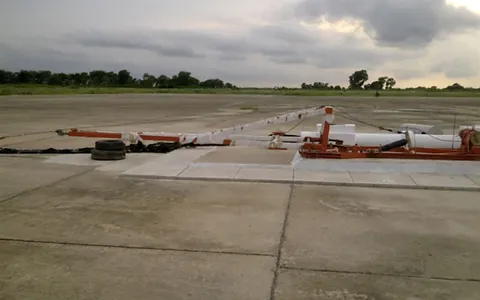
To crack the SSB Interview and join the Indian Armed Forces as an Officer, You can join our SSB interview live classes batch and we recommend you to Enroll SSB INTERVIEW ONLINE COURSE. Trusted by thousands of defence aspirants.
Also read:
- Comparing Rafale And F-35: Who Will Win?
- India To Deploy DRDO D4 Anti-Drone System On The Western Border With Pakistan
- Exploring The Future Of Air Combat: BAE Tempest
- What Is A Missile Propulsion System And How Does It Work?
- Should India Buy F-35 And What Are The Alternatives?
- How HAL Combat Air Teaming System (CATS) Is Going To Help Indian Air Force?
- All Fighter Aircraft Of India – How To Identify Them
- Twin Engine Deck-Based Fighters (TEDBF)
- All About India’s 5th Generation Fighter Jet ‘AMCA’
- Detailed Analysis: Why Is India Interested In US Predator Armed Drones?
- Loitering Munitions – Kamikaze Drones For The Indian Armed Forces
